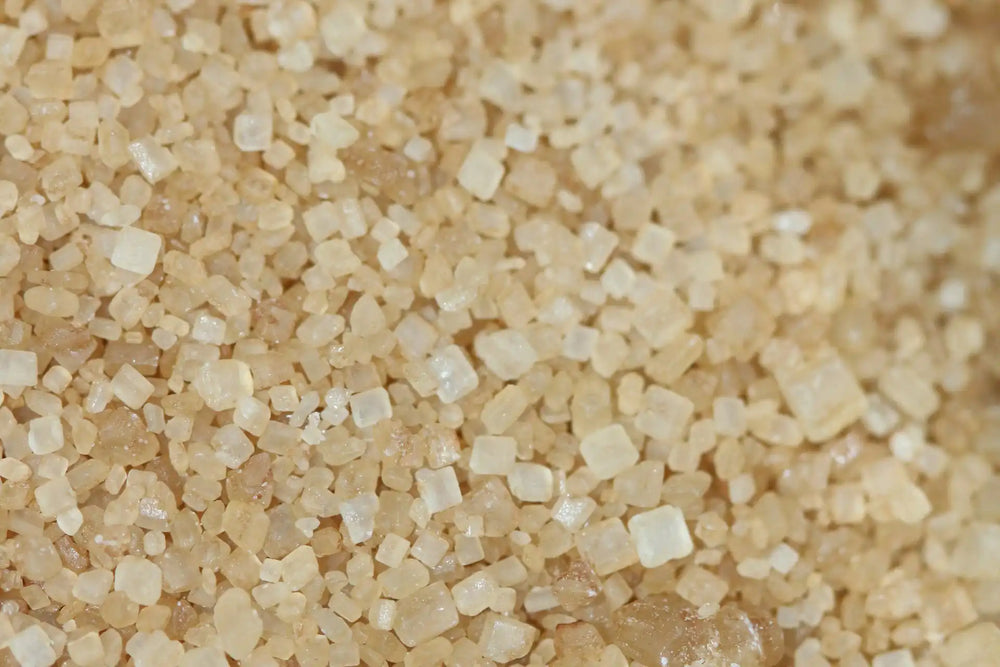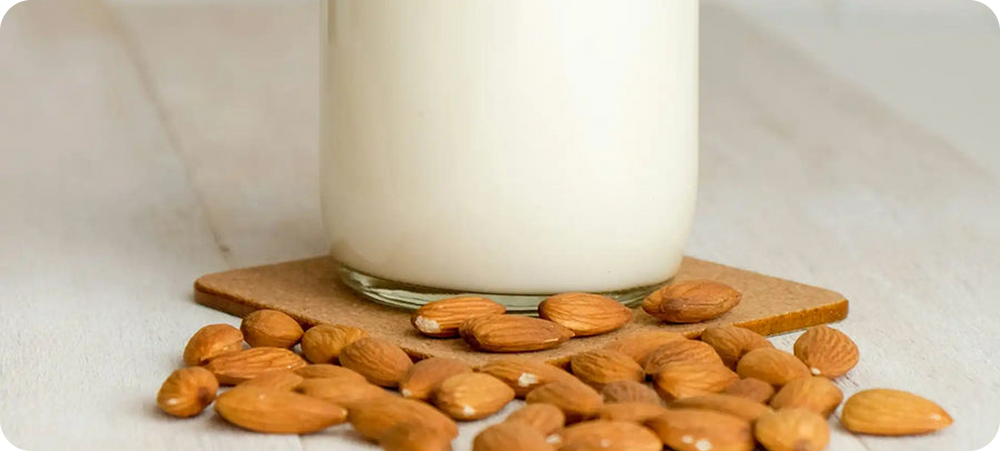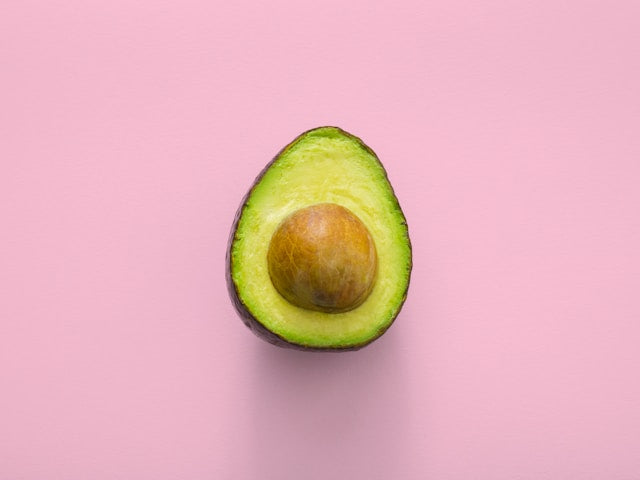
You're a baking enthusiast, but you recently turned vegan. Now you're wondering how to replace the dairy milk in your favorite recipes. Don't worry—we've got you covered.
In baking, milk does more than add moisture. It's a key player in the texture and flavor of baked goods. But who says you can't achieve the same results with vegan alternatives?
Let's explore the world of vegan milk substitutes for baking. We'll discuss different options, how they affect baked goods, and when to use each. Whether you're a seasoned vegan baker or just starting out, this guide will help you whip up delicious, dairy-free treats in no time.
Benefits of Using Vegan Milk Substitutes in Baking
Vegan milk substitutes allow you to maintain your vegan lifestyle and provide several other benefits. Dairy-free milk adds a unique flavor to baked goods, helping make each recipe even more delicious.
One significant advantage of vegan milk substitutes is their nutrient-rich profiles. Plant-based milks like almond, soy, and oat milk contain essential vitamins and minerals like vitamin E, iron, and calcium. This means you're not just baking delicacies but creating nourishing treats for the body.
Also, vegan milk substitutes can be easier on the digestive system. Many folks are lactose intolerant or experience discomfort from dairy products. Going dairy-free in baking means ensuring everyone can enjoy your delicious treats.
Experimenting with these substitutes opens up opportunities to create unique and delicious bakery items. Some vegan milk changes the color of your bake, others the texture, and others the taste. You'll find variety in every experiment, leading to a more dynamic baking experience.
Remember, vegan milk substitutes aren't just for vegans. If you want to explore new flavors or simply look for healthier alternatives, try different dairy substitutes. You'll be amazed at the results.

Popular Vegan Milk Alternatives for Baking
Stepping into the vegan baking world, you may wonder, "What kind of dairy-free milk can I use?" Fret not; this section aims to highlight some of your vegan milk options for baking.
First, we have Almond milk. Due to its subtle flavor and light consistency, almond milk is an all-rounder for baking. It works well in recipes for pancakes, muffins, and bread.
Next, Soy Milk is a substantial vegan alternative with a creamy texture that adds volume and structure. It is perfect for cakes and desserts. High in protein, it is a healthy choice you'll love.
Coconut milk offers a rich, creamy texture and a hint of tropical flavor. It doesn't overpower the dish and is ideal for baking with tropical fruits or when you desire a decadent, moist texture.
Let's remember Oat milk. This newcomer on the dairy-free scene is making big waves. Its thick and creamy consistency is excellent for creating decadent, luscious vegan desserts.
Each vegan milk alternative serves a unique purpose in baking, and what you choose depends on the nuances of the recipe you're creating. Variations in flavor, texture, and nutritional profile make vegan milk substitutes a dynamic component of baking, making each attempt an exciting experiment.
How Different Vegan Milk Substitutes Affect Baked Goods
When it comes to baking, every ingredient counts. This is particularly true with vegan milk substitutes, which can drastically impact the final product in terms of texture, flavor, and nutritional content.
It starts with almond milk, a versatile option with a mild, nutty taste that does not overpower other ingredients. Its light consistency suits cakes, muffins, and light pastries.
Soy milk is a creamy vegan alternative for denser, decadent recipes like brownies and puddings. Its high protein content could give baked goods a springy, moist texture.
Moving toward the more robust options, coconut milk is a good choice. Its rich and creamy nature provides a satisfying texture and subtle tropical flavor to your baking goods. This milk substitute works great in recipes that call for a denser, indulgent texture, like pies, bars, and some cakes.
Finally, oat milk is your go-to if you're after a thick, creamy consistency that also helps your baked goods stay moist. Its slightly sweet flavor works well in baked goods, like cookies and bread.
Tips for Successfully Using Vegan Milk Substitutes in Your Baking
Getting your baked goods to turn out right with vegan milk substitutes is easier than you might think. A few tips can guide you.
First of all, consistency matters. If you're using thick vegan milk like coconut or oat, you may need to adjust the quantity to a recipe for thinner milk. Generally, you won't need to alter the amount of vegan milk used dramatically, but it's a good idea to experiment a little bit for a perfect texture.
Secondly, temperature plays a role. Some vegan milks, like soy, can curdle in high heat. To avoid this, ensure you mix it in at a lower temperature. When using it for baking, it's best to add vegan milk to keep potential curdling to a minimum.
Finally, remember the nutritional content. The nutritional profile of vegan milk can also impact the outcome of your baked goods. Almond milk is low in protein, making your desserts' texture tender. Conversely, soy milk is high in protein, potentially making denser treats like brownies chewier.
Play around with these different factors. Remember, baking is as much a science as it is an art. Make substitutions based on your taste preference, texture, and desired nutritional content. You'll find what works best for you and your delectable baked goods with practice.
Conclusion
So, you've seen how vegan milk substitutes can transform your baking. Whether using almond milk for tender desserts or soy milk for chewier treats, the choice is yours. Remember, it's all about getting the right consistency and temperature. Be bold in experimenting with different vegan milks to find what works best. Remember, baking with vegan dairy isn't just a science; it's an art. So go ahead and start your vegan baking journey today. You'll not only be creating delicious treats but also contributing to a healthier planet. Happy baking!
FAQ
The vegan milks highlighted in this article are coconut, oat, soy, and almond milk.
Related posts
-

What Is The Difference Between...
When it comes to sweetening your morning coffee or baking your favorite dessert, you've likely re...
-

What Are The Best Vegan...
You're a baking enthusiast, but you recently turned vegan. Now you're wondering how to replace th...
-

Top Vegan Butter Substitutes for...
Have you ever considered baking that delicious cake but run out of butter? Or are you trying to s...



